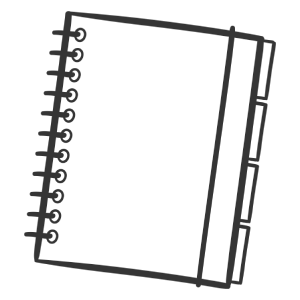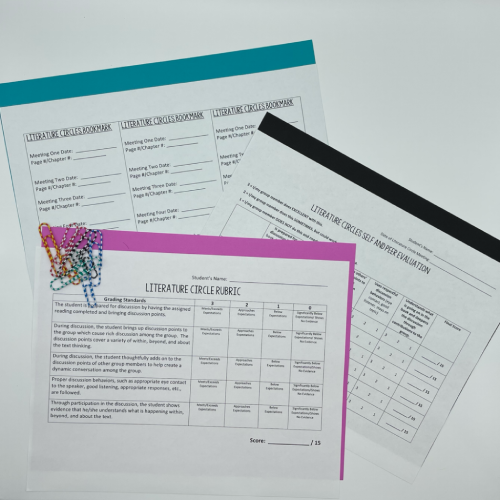As we implement the Literacy Collaborative framework into our middle school this year, I like to sometimes look back to how far we’ve come. Last year, while I was in my training year being trained in the framework so that I would be able to take on the job of literacy coach this year, I started reading and writing workshop with my classes of 7th and 8th grade students. I knew that I would have challenges, as a teacher, knowing what to plan and implement, but one thing that I didn’t predict was the reluctance I would have from my students. I heard comments such as, “Can we just have a worksheet?” and “Why can’t I just be done?” This resistance that I was seeing from my upper middle school students showed me a lot about where we were as a school and just how much it was going to take to implement this change school-wide. Not only did we have to worry about teachers and parents resisting change, but we also had to worry about the students, a group that I had not considered up until this point. I was at first baffled by the student resistance to having a reading and writing workshop instead of writing prompts, grammar worksheets, and class novels. I then began to consider why some students were clinging to the old way: it was predictable, it was comfortable, and there was an ending point.
When a student gets a worksheet, their mind immediately focuses on accomplishing that task in that context, and when they’re done with the task, they allow themselves to disengage. I call this method the “sit and get”. Teachers are able to teach, students then accomplish the task, there is an easy score to put in the gradebook, and it can be repeated over and over and over again. Running class with a reading and writing workshop focus requires students to apply what they’re learning in minilessons to their independent reading and writing. The application often becomes more difficult because instead of the context being determined by a worksheet, the context is determined by the students’ reading and writing. The learning concept all of a sudden becomes much harder to apply, but it is definitely more meaningful because their learning is related to what they do as a reader and as a writer. With the way I run my workshops, the learning is never done. Students quickly learn the answer to the question, “What do I do when I’m done?” The answer: If it’s reading workshop and they’ve finished their application, keep reading their independent reading book. If it’s writing workshop and they’ve finished their application, keep writing in their writer’s notebook.
Since I taught upper middle school (8th grade) for most of my career up until this point, I feel like I get to see a glimpse into who this child may become as an adult by the end of their 8th grade year. As a teacher, I am constantly asking myself, “What am I preparing my students to do by the learning opportunities I provide for them during class?” Here are my thoughts: to sit in class, get a worksheet, complete it, and be done prepares students for a career that includes going to work, doing a task, completing it, and then disengaging until the next day. To sit in class and participate in a reading and writing workshop encourages students to apply their learning to each unique opportunity that is presented to them and know that learning never stops, it is an ongoing cycle. Each method of teaching would most definitely prepare students for a different career path. As educators, we must ask ourselves which kind of adults we’d like in our world someday.
My opinion, the “sit and get” should be eliminated. There are so many ideas for learning out there that we can expose our students to-let’s try them in order to challenge our students and help prepare them for the future.
On a side note, I finished my final reflection paper for my literacy coordinator program through Lesley University. It has been an eye-opening, stressful, and busy last year and a half. I’m excited to be able to fully concentrate back on teaching and literacy coaching, but I am also thankful for all that I’ve learned. Cheers to closing a new book and accomplishing something I didn’t know I could while continuing to embark on a new world I didn’t know existed before starting the program. I’m looking forward to the future!
Kasey





